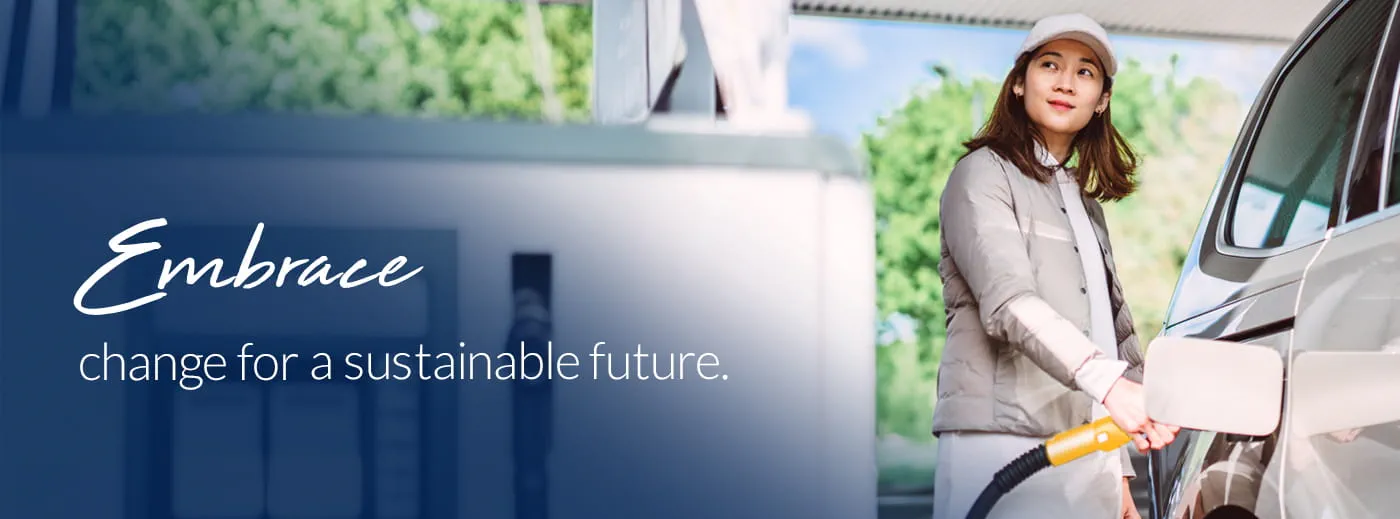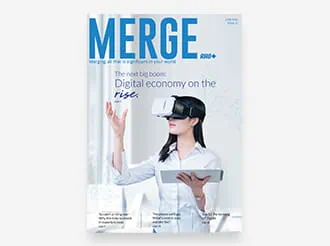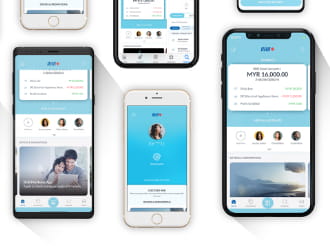The Great Subsidy Shift: What Malaysians Need to Know
Everyone is talking about the government’s subsidy rationalisation plan. How will it impact us? In this article, we discuss the effects of the programme and what we can do as citizens.
Subsidies are the unsung blessing – we don’t know what we have until it’s gone. For decades, subsidies have shielded Malaysians from the full impact of inflation and economic pressures. They are safety nets designed to support the economy, ensure welfare, and stabilise prices, all while maintaining political stability. When we’ve lived with them for as long as we have, there is a false sense of economic stability.
Why the need to remove them? And why now? The truth is this “false economy” setup is not sustainable. Subsidies represent a significant expenditure for the government while masking the true cost of goods and services. This can lead to inefficient resource allocation and unsustainable fiscal policies.
Removing subsidies helps to align prices and policies with market realities, encouraging more responsible consumption and investment. Exposing true inflation rates allows for more accurate economic planning and policymaking. The money that the government spends on subsidies could be put to better use elsewhere. To put that into figures, the recently implemented diesel subsidy rationalisation is expected to save up to RM4 billion a year. That money could be invested into vital areas such as education and healthcare.
The potential fallout
This is a major change in our lives, and it’s not going to be easy. As subsidies are withdrawn, the cost of production rises, leading to higher consumer prices and inflation. This change will be more acutely felt by those whose jobs have limited room for wage growth, such as service and elementary workers, or those in the gig economy.
As inflation rises, Malaysians will have less disposable income, which can slow down economic growth as consumer spending decreases.
Moving further along the chain, as production costs rise, businesses face reduced earnings, leading to losses, and potentially, job cuts.
Mitigating the impact
While the removal of subsidies presents challenges, there are steps individuals and businesses can take to mitigate the impact:
1. Avoid wastage
While we’ve enjoyed our subsidised lives, we can see that these subsidies on basic goods have led to a culture of overconsumption and waste. Did you know that Malaysians throw away 39,078 tonnes of solid waste daily? That’s about 1.17kg of waste per person (including babies), and this does not include electronic waste and recyclables.
As our grandparents always say, “Waste not, want not.” When dining out, ask about portion sizes so you don’t overorder. If there are leftovers, bungkus them for later.
Instead of buying new appliances or clothing, you could buy them second hand. There are entire online communities of people who trade used items or give them away for free. Use these platforms to give away your own pre-loved items that are in good condition. One man’s rubbish is another man’s treasure!
2. Be energy efficient
Subsidies, especially on fossil fuels, can contribute to environmental degradation by encouraging excessive consumption. How many times have we driven someplace we could have easily walked to? Removing these subsidies can incentivise the adoption of cleaner, more sustainable energy sources, aligning with global environmental goals.
Opting for EVs or hybrid cars reduces reliance on fuel. RHB provides financing options for these vehicles, and if you need to renew your car insurance, RHB offers a non-claim discount too. Taking public transportation, carpooling, cycling, and good old-fashioned walking are also viable alternatives to driving. Walking is the best form of exercise and costs nothing.
Switching to LED bulbs and considering solar energy options can lower electricity bills. The cost of installing solar panels for homes and businesses has decreased significantly over the past decade or so. To get you started, RHB offers solar financing to support these green initiatives.
For businesses, here are some ways to turn challenges into opportunities:
1. Embrace green technologies
Explore tax incentives and subsidies for adopting green technologies. This includes using multimodal transportation options and installing solar panels.
2. Enhance efficiency
Implement better route planning for transportation, collaborate with suppliers and customers, and improve operational processes with AI and remote work arrangements. These initiatives save costs and reduce your carbon footprint.
3. Plan ahead with your finances
We know that change is difficult, so ensure stable cash flow by anticipating and planning for higher expenses. Make sure your employees know what to expect. This is a great opportunity to engage them for ideas and feedback.
The bright side
The great subsidy shift, while difficult at first, could be a catalyst for positive change in the long term. Individuals and businesses will be motivated to adopt sustainable practices, leading to long-term cost-effectiveness and reduced waste. Prioritising green energy sources will bring Malaysia closer to achieving net-zero carbon emissions by 2050. The push for efficiency can drive technological advancements, leading to the creation of less energy-consuming and more efficient technologies. Empowering consumers with choices and maintaining fair pricing will foster a healthy, truly competitive market.
The hope is that the government will be tactful in implementing these subsidy rationalisation programmes by taking a gradual approach to avoid economic shock. Properly designed subsidy removal plans should include strategies to protect employment and support sustainable economic development. Coupled with measures like adopting a goods and services tax (GST) and setting a realistic minimum wage, Malaysia can enhance its global competitiveness.
The ultimate goal is to build a more sustainable and resilient economy. By gradually removing subsidies, the government hopes to encourage individuals and businesses to adopt long-term sustainable practices, which will contribute to steady economic growth and development. So, let’s start making small changes now to mitigate the impacts of the great subsidy shift.

Terms and conditions apply. For further details on the benefits and exclusion of the product, please refer to the Product Disclosure Sheet (PDS) and Letter of Offer (LOA).
RHB Bank Berhad 196501000373 (6171-M) | RHB Islamic Bank Berhad 200501003283 (680329-V)














